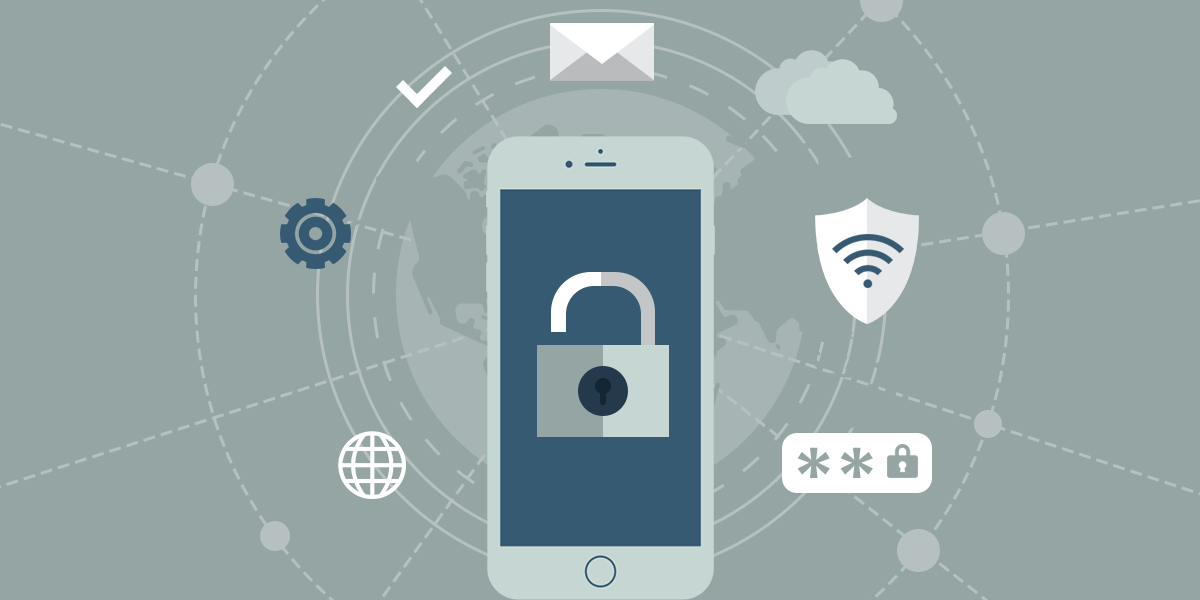In today’s digitally-driven world, mobile apps have become an integral part of our daily lives. From shopping and banking to socializing and entertainment, we rely on mobile apps for almost everything. However, with the increasing number of cyber-attacks and data breaches, the Importance of App Security has become a major concern for users and developers alike. In this article, we’ll discuss the best practices for app developers to follow when it comes to app security.
Understanding the Importance of App Security
App security is crucial for protecting the personal and sensitive information of users. With the rise of cyber-attacks and data breaches, users have become more aware of the importance of app security. They expect their information to be kept safe and secure, and any breach of trust can have severe consequences for the app developer.

App security is not just about protecting the app from external threats but also ensuring that the app is developed in a secure manner, with no vulnerabilities that can be exploited by hackers. App developers must take proactive measures to ensure the safety and protection of their users’ data.
Common App Security Threats and Vulnerabilities
To understand how to protect your app from potential threats, you first need to understand the common app security threats and vulnerabilities. Some of the common threats include data breaches, malware, phishing attacks, and unauthorized access.
Hackers can exploit vulnerabilities in the app’s code, network, and server to gain access to users’ sensitive information. These vulnerabilities can be found in the app’s architecture, coding errors, weak authentication, and insecure data storage.
Best Practices for App Security during Development
To ensure the security of your app, you should follow best practices during the development phase. App developers should implement security measures in every aspect of the app development process, from design to deployment.

One of the best practices is to conduct a security assessment at every stage of the development process. This can help identify potential vulnerabilities and fix them before they become a problem. Developers should also use secure coding practices, such as input validation, error handling, and secure data storage.
Importance of Encryption in App Security
Encryption is a critical component of app security. It involves the conversion of data into a coded language to prevent unauthorized access. Encryption can be used to protect data both in transit and at rest.
Developers should use encryption to protect sensitive data such as login credentials, financial information, and personal data. Encryption keys should be kept secure, and the key management process should be robust to prevent unauthorized access.
Authentication and Access Control in App Security
Authentication and access control are key components of app security. Authentication involves verifying the user’s identity, while access control determines what resources the user can access.
Developers should implement strong authentication mechanisms such as two-factor authentication, biometric authentication, and password policies. Access control should be implemented at every level, from the app’s front end to the back end.
Best Practices for App Developers, Secure Data Storage and Transmission
Secure data storage and transmission are critical for protecting user data. Developers should use secure protocols such as HTTPS and SSL/TLS to encrypt data in transit.
For data at rest, developers should use secure storage mechanisms such as encrypted databases and file systems. Developers should also be mindful of data storage on user devices and implement mechanisms to prevent unauthorized access to data.
Regular Security Testing and Updates :
Regular security testing and updates are essential to maintain the security of your app. App developers should conduct regular security testing to identify vulnerabilities and fix them before they become a problem.
Developers should also keep the app updated with the latest security patches and updates. This can help prevent security breaches and protect user data.
Legal and Regulatory Compliance in App Security

Developers must also comply with legal and regulatory requirements related to app security. Regulations such as the GDPR and CCPA require developers to protect user data and notify users of any data breaches.
Developers should also be mindful of the app’s privacy policy and ensure that it complies with legal and regulatory requirements.
App Security Tools and Resources for Developers
There are several app security tools and resources available for developers to help them ensure the security of their apps. These tools can help identify vulnerabilities, encrypt data, and monitor for potential threats.
Some of the popular app security tools include OWASP ZAP, Burp Suite, and Nessus. Developers can also refer to the OWASP Top 10 list of app security risks for guidance on app security best practices.
Conclusion: The Importance of Making App Security a Top Priority
App security is essential for protecting user data and maintaining user trust. Developers must take proactive measures to ensure the security of their apps. By following best practices such as encryption, authentication, and access control, developers can create secure apps that protect user data from potential threats.
Regular security testing and updates, legal and regulatory compliance and the use of app security tools can further enhance the security of the app. By making app security a top priority, developers can create apps that users can trust and use with confidence.



















